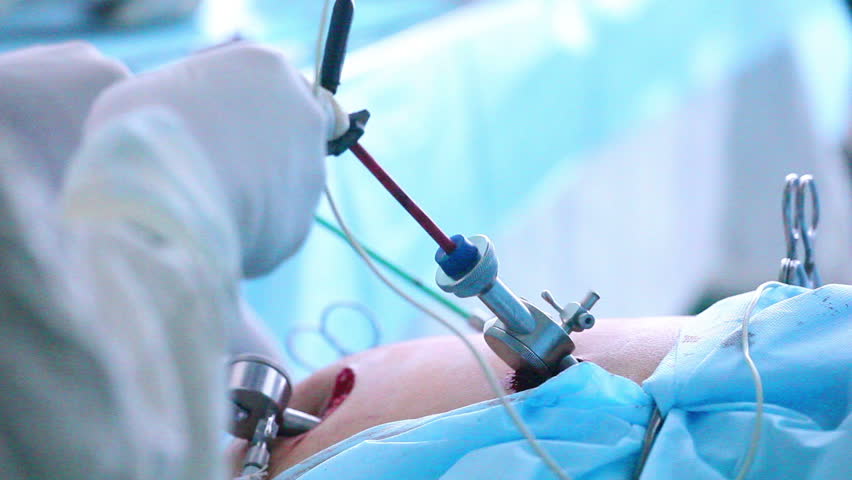‘Maharshi Sushrut’ is the founding father of surgery and his era dates back to 600 BCE and we Indians are extremely proud of him. But a lot of miraculous events happened in the past century and one of such miracle is laparoscopic surgery. Although the initial phase of laparoscopic surgery was not widely appreciated, but in the year 1902, first laparoscopic surgery was done by George Kelling, though the subject was a dog and not a person. It was not until 1910, when Hans Christian Jacobaeus carried out this procedure on human. Thus the glorious journey of laparoscopic surgery started.
With in few decades, this ‘more beneficial’ surgical process became a ‘leading and necessary’ branch of surgery for both, accidental and planned, surgery procedure. In hands of a well experienced doctor, it is a wonderful tool that mitigates several risks associated with any surgery. The success story of Laparoscopic surgery in Varanasi is sky high.
Laparoscopic surgery can be done for several domains of surgery, such as for obesity, hernia, abdominal organs such as liver and pancreas, for orthopedic replacement, for gynecological domains and several others.
How laparoscopic surgery is carried out?
Few keyhole sized incisions are made near the site, through which a camera and other necessary equipments are inserted. With the help visuals inside the body and laparoscope, the doctors able to make desired movements inside the body and thus the procedure of Laparoscopic surgery in Varanasi is carried out.
The main advantages of laparoscopic surgery over traditional surgery are as follows-
1. Pain and Bleeding – Due to smaller incisions, the risks associated with surgery such as pain and bleeding are comparatively lower in this case.
2. Short hospital stay – The postoperative care needed is lesser, and thus, the patient is allowed to go home sooner.
3. Cosmetic effect – Instead of one giant scar after surgery, the patient leaves with few minor pinhole size scars.
4. Infection and bleeding – The chances of infection and blood loss is very minimal as compared to traditional one due to smaller size of incision. The need for blood transfusion is also thin.
4. Risk of hernia – As a hernia can develop at site of previous surgery, the risk of having hernia in future gets much lesser in case of the laparoscopic one.



Comments are closed here.